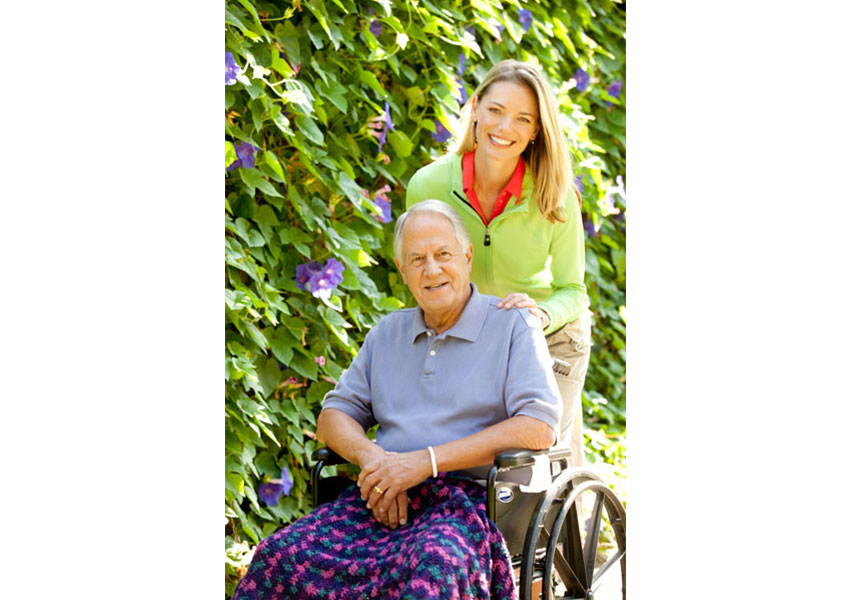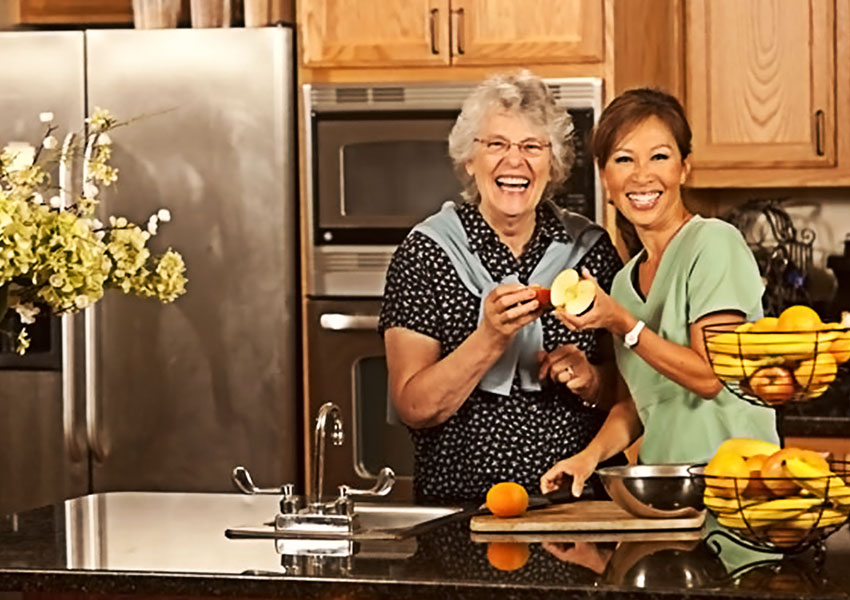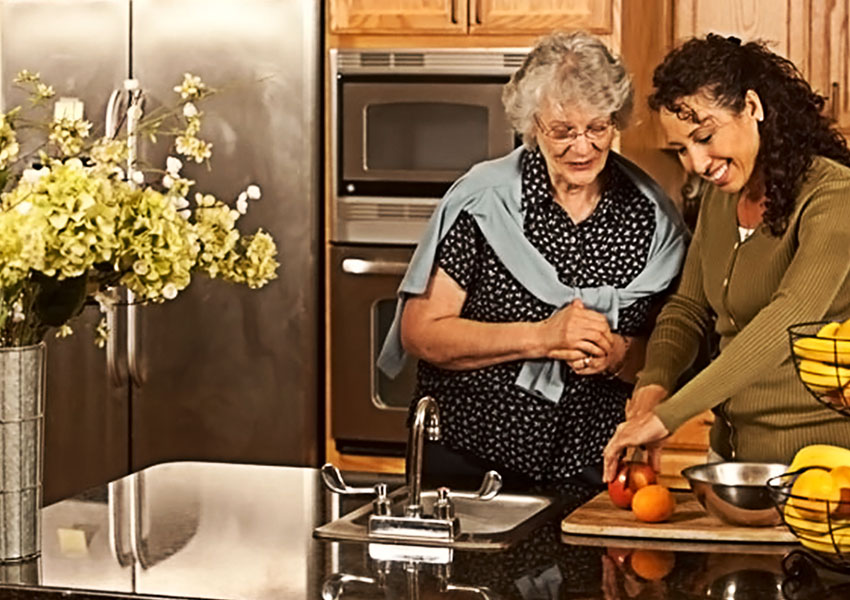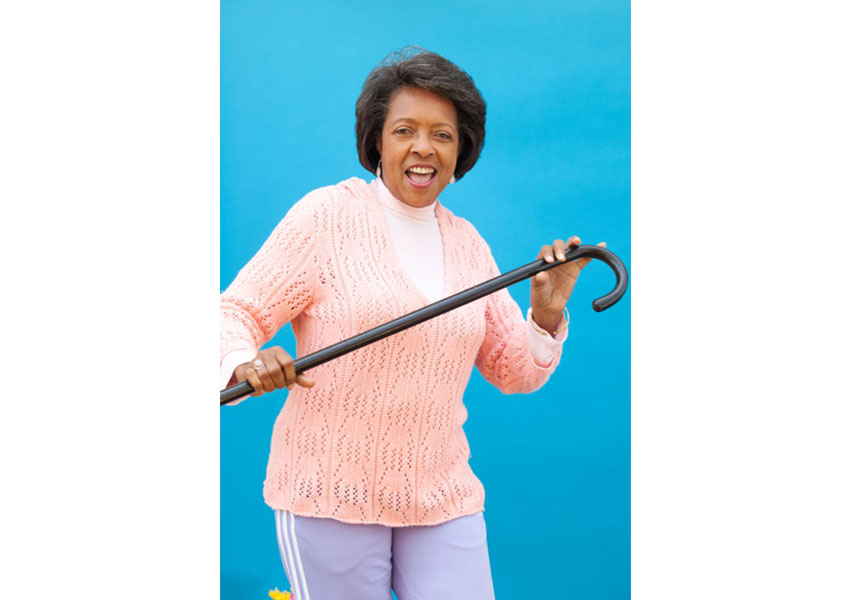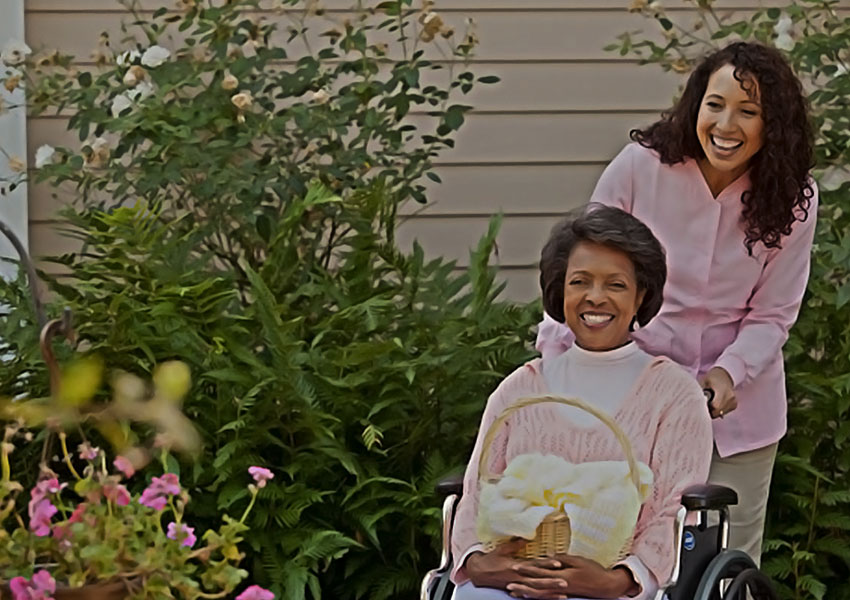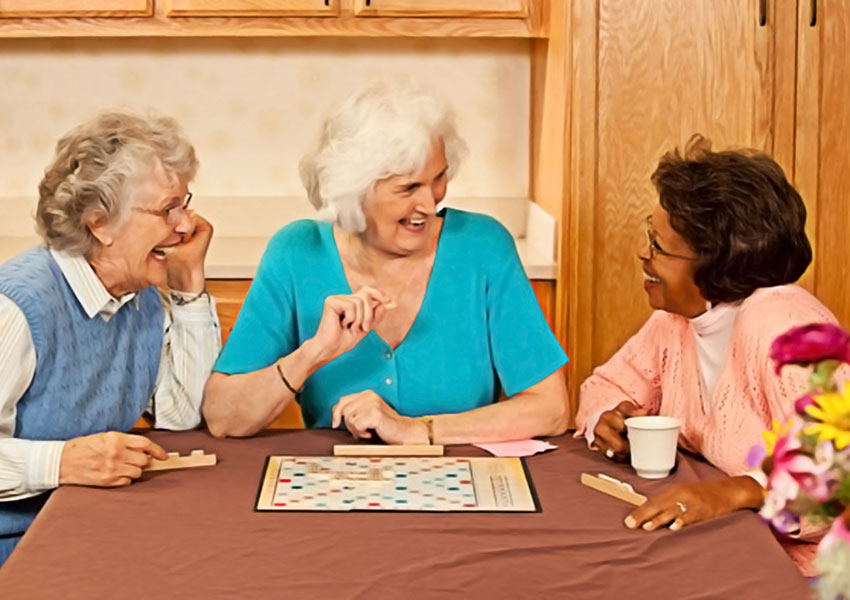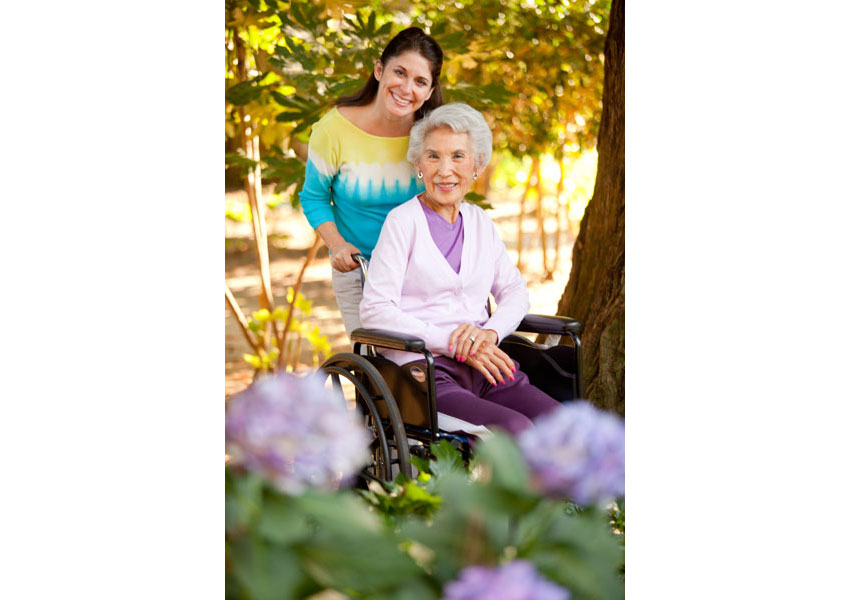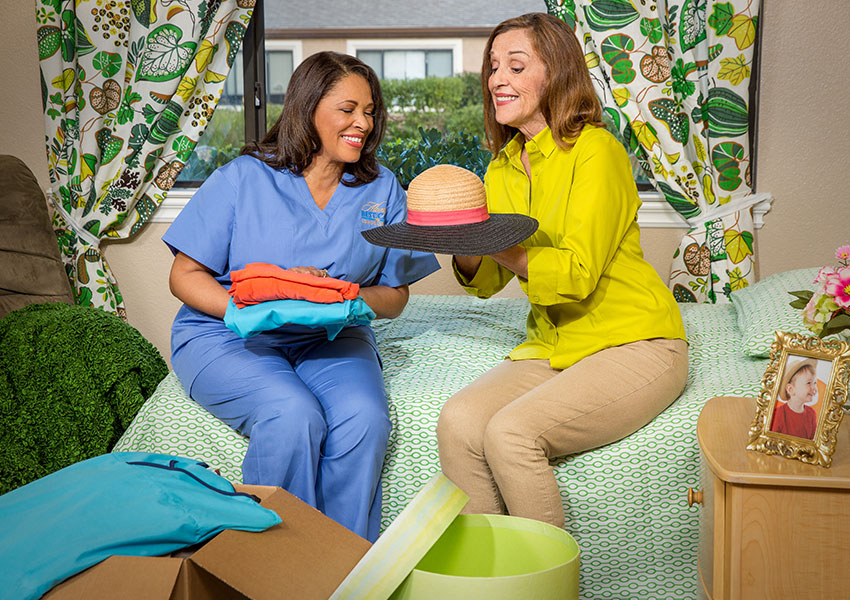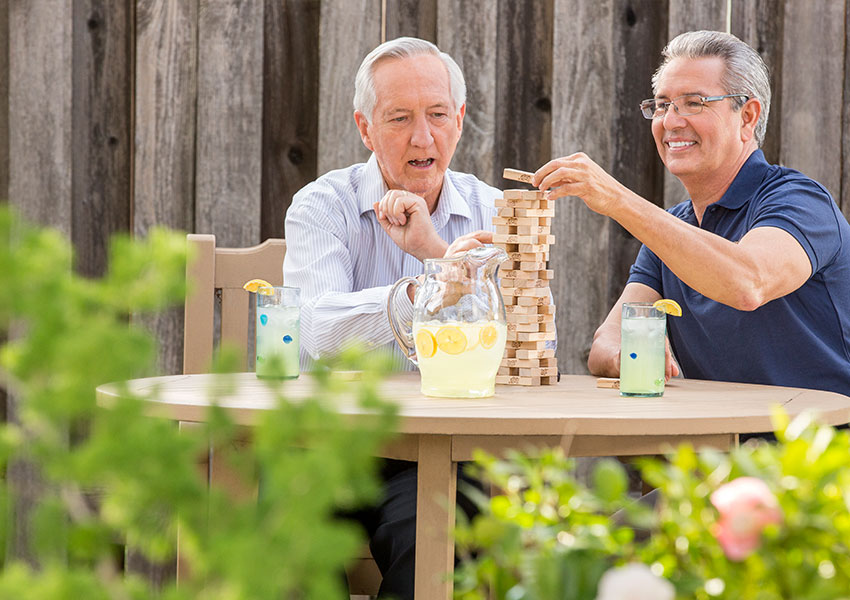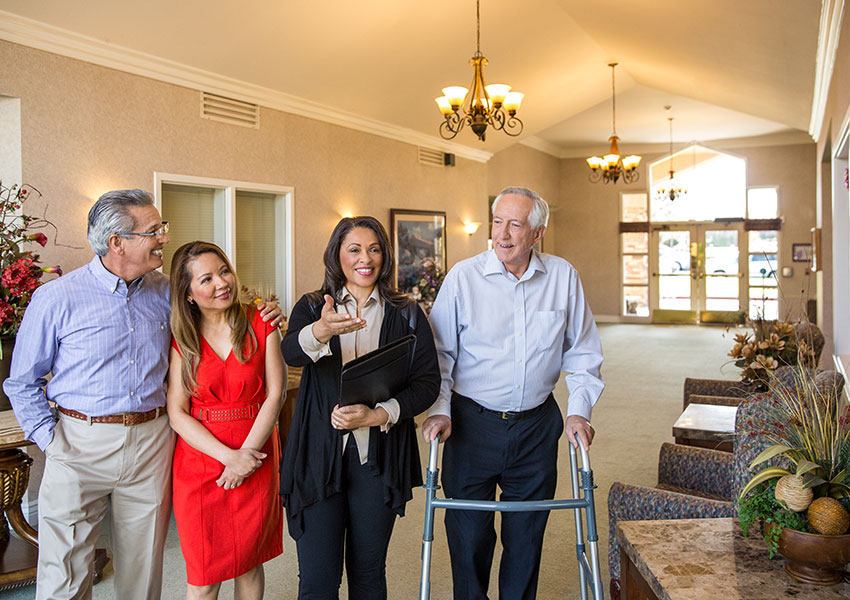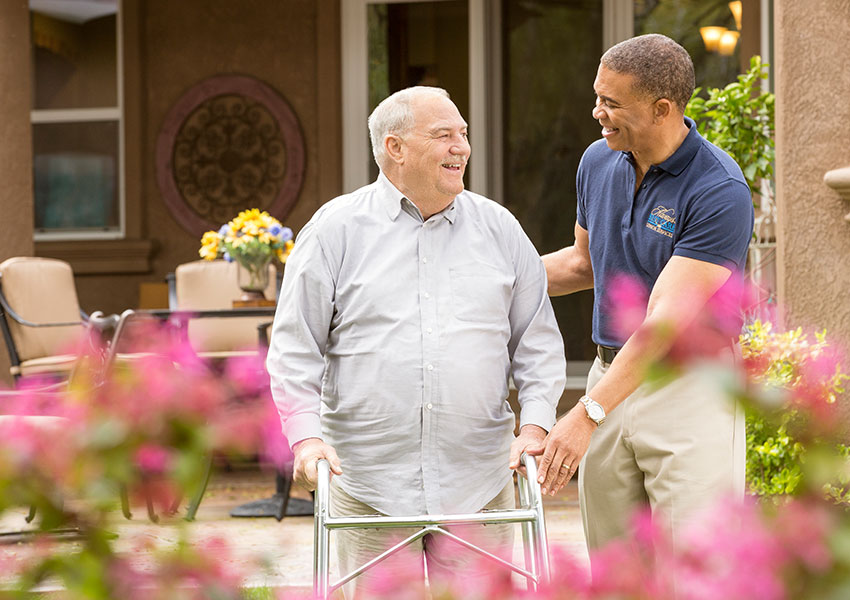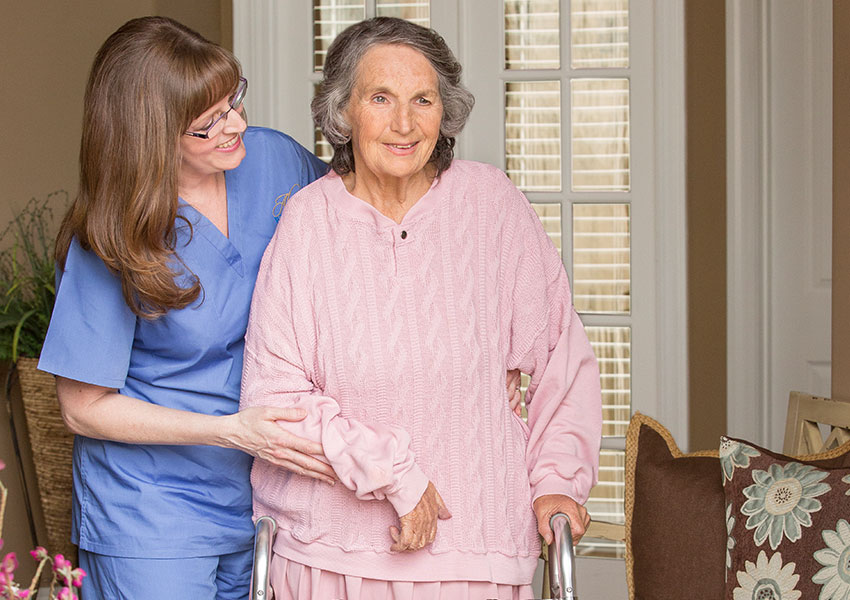 Alzheimer’s Disease and other forms of dementia such as Parkinson’s Disease affect millions of seniors and their families around the country. Individuals who suffer from these diseases experience monumental changes in their lives, but the sad fact of it all is that many of them go through symptoms and changes associated with dementia without even knowing or understanding what’s happening to them.
Alzheimer’s Disease and other forms of dementia such as Parkinson’s Disease affect millions of seniors and their families around the country. Individuals who suffer from these diseases experience monumental changes in their lives, but the sad fact of it all is that many of them go through symptoms and changes associated with dementia without even knowing or understanding what’s happening to them.
Thankfully, family members and caregivers of dementia patients are there to provide assistance and loving care. However, it must be noted that dementia patients require a special kind of care.
If you’re responsible for the care of a loved one who suffers from a form of dementia, it’s important that you know the right way to provide help.
Here are three tips that can help you and other caregivers provide precisely what dementia patients require to be safe, comfortable and at ease.
#1 — Be Patient and Avoid Escalation
One of the saddest aspects of Alzheimer’s Disease and other types of dementia is the way that it can cause rifts between loved ones. Dementia sufferers are often confused, which sometimes leads to harsh, unfounded accusations and episodes of anger. It is vitally important that caregivers not take these moments personally. These episodes are not evidence of a person becoming mean, aggressive or insensitive; they are evidence, sadly, of deteriorating brain function.
In these instances, the best thing you can do is remain calm and patient. It is critical that you avoid getting into — and/or escalating — disagreements.
#2 — Simplify to Manage Confusion
People who suffer from dementia are often confused about basic aspects of reality such as time, place and identity. They will sometimes ask questions that you feel they should know the answers to, and they might even ask these questions multiple times. In these instances, your instinct may be to offer long, detailed explanations and answers as a means of settling the issue “once and for all.”
Unfortunately, this is not helpful for dementia sufferers as it only increases confusion and leads to more questions. Be simple, direct and patient, and you will lessen the amount of confusion and bewilderment.
Remember: you will never be able to reason with a dementia sufferer; doing so only increases the likelihood of more confusion arising.
 #3 — Accept Changes in Behavior
#3 — Accept Changes in Behavior
Sometimes when caring for someone who suffers from dementia, it’s easy to see and judge all unusual behaviors as “wrong” or “harmful.” That’s why it’s important to question your feelings about certain behaviors. As it turns out, a lot of the common behaviors exhibited by dementia sufferers are embarrassing or socially uncomfortable, but they are far from being harmful.
The good news is that you can help by simply accepting that some changes in behavior are going to occur, and they needn’t be corrected, adjusted or argued against. As long as these changes cause no harm, they should be dealt with compassionately and without judgment. The instinct to intervene when no harm has been done can actually lead to escalation of confusion and distress.
More Dementia Help
When it comes to caring for dementia sufferers, Always Best Care is a leader in the in home senior care industry. Give us a call today at 1 (855) 470-CARE (2273) and learn more about how we can help you with a loved one who may be suffering from Alzheimer’s Disease or another form of dementia.








